The Chinese Communist Party has deliberately masked the total number of COVID-19 cases in China in an attempt to safeguard its image both domestically and internationally, according to experts in China and according to evidence documented by The Epoch Times.
* The Epoch Times is the Spanish edition of the international newspaper Da Jiyuan or Epoch Times (its name in English). The Epoch Times is an independent voice expressed in print and online. With a network of local journalists worldwide, The Epoch Times is the most widely distributed independent newspaper in the world, with publications in 35 countries and 21 languages.
As more countries voiced anger and frustration at Beijing's failed handling of the virus, fueled by a powerful cover-up, half a dozen experts told The Epoch Times that the regime is undeniably reporting the cases of the virus, but what is under debate is to what extent they are reporting it.
Beijing itself publicly admitted that it concealed the number of people with the disease when it announced that it would start reporting cases of asymptomatic carriers on April 1st, revealing that it had not been doing so. The Chinese National Health Commission also acknowledged that asymptomatic carriers can infect others and cause outbreaks, which they had previously ruled out.
John R. Mills, former director of Cybersecurity Policy, Strategy and International Affairs at the Office of the Secretary of Defense, said the recent claims by the regime of no new case in China are "patently absurd" and added that in totalitarian bureaucracies "Everyone learns very quickly to stop reporting."
The regime is expelling China-based American journalists who work for The New York Times, The Wall Street Journal and The Washington Post, highlighting the country's appalling record on press freedom. China is 177th out of 180 on the 2019 World Press Freedom Index for Reporters Without Borders.
"Bad things happen to people who report bad numbers," Mills said of China. “In these systems and forms of government, everyone learns that in order to survive, the norm is to lie. Everyone lies to everyone about everything, there is no truth. "
In the past three months, the number of Chinese cell phone users has dropped by 21 million, suggesting that deaths from the CCP virus may have been a factor. Since September 1st, 2010, China has required all cell phone users to register phones with their real identification.
In China's Shandong province alone, the new daily infection numbers were up to 52 times higher than data officially released by the Shandong Health Commission and the China National Health Commission. Information provided by Wuhan residents also indicates that the death toll there could be more than 32,000, which represents 12.7 times the official figure.
Mills said that while no government or leader can act perfectly in a complex and fast-moving situation like the current pandemic, which has forced more than 1.5 billion people worldwide to remain in their homes, the CCP is deliberately consistent in its obfuscation and lies. He added that there has been little or no good faith, cooperation or diligence in the CCP's search for truth.
The truth: The biggest obstacle
Yang Jianli, a Chinese dissident and the son of a former Communist Party leader who now heads the Citizen Power Initiatives for China, a pro-democracy NGO in the United States, said minimizing cases is crucial to Beijing's "broader goal of leadership and global domination ”.
"The truth about COVID-19 within China is the biggest obstacle to ambition [by Chinese leader Xi Jinping]," Yang told The Epoch Times. "As long as Xi is seen as successful, there is little room to challenge his rule.
However, if that assessment changed, it is not difficult to imagine spiteful party members and angry people; Independent intellectuals, dissidents, and ordinary people, try to unite in an effort to challenge him. ”
Yang agrees with UK advisers who say China's cases are likely to be downplayed by a factor of 15 to 40 and urged the international community to "hold the CCP accountable."
Scientific advisers warned the UK Prime Minister that official statistics on the Chinese Communist Party (CCP) virus could be "downplayed by a factor of 15 to 40 times" and that Downing Street believes that Beijing is trying to exploit the pandemic for financial gain, as reported by The Mail on March 28th. The Epoch Times contacted press office Number 10, but a spokesman declined to comment.
Movie theaters in China slowly reopened with the CCP's permission, until last week, when authorities suddenly changed course and ordered all theaters to return to shutdown mode. Meanwhile, medical professionals in Spain and the Czech Republic reported that rapid tests for CCP viruses imported from China failed 70 to 80 percent of the time.
"The CCP, which for years has claimed to be a responsible member of the global community, once again showed its true nature when this crisis hit," said Yang. "If the CCP gets away with it, or worse, if it really wins worldwide applause for its actions, then no country will feel the need to be honest with the world if it is considered that being honest is politically disadvantageous."
Chinese officials and the state media have tried to blame the regime's failure to contain the virus by pushing conspiracy theories directed at the United States as part of an aggressive global disinformation campaign.
The CCP bots have been invading Twitter to defend the communist regime, attack the United States, and repeat propaganda along with Chinese officials. China's open influence accounts have published "more than 32,000 COVID-19 related posts on various western social media platforms," according to a recent report by cybersecurity company Insikt Group.
Yang warned that if left unchecked, an emboldened CCP "will become more aggressive externally and repressive internally, having learned that it can deceive and intimidate the world into submission."
The Epoch Times has documented stories of some Chinese citizens, including whistleblowing doctors, citizen journalists, academics and businessmen, who have been silenced by the regime for exposing the truth.
Joseph Bosco, a former China desk official in the Office of the Secretary of Defense, told The Epoch Times that the regime is evading and repressing the truth about the virus, as most other things do, "to preserve the myth of the competence and infallibility of the CCP ”.
In the past few days, thousands of ash urns have been delivered to a funeral home in Wuhan, prompting questions about the true scale of the outbreak and its severity. Photos of the long lines circulated on Chinese social media before they were immediately removed by regime censors, The Epoch Times previously reported.
"It is clear that for Xi, political self-preservation is more important than the lives that can be saved, in China and around the world, through accurate media coverage," Yang added.
A totalitarian regime
Frank Gaffney, vice chairman of the Committee on Present Danger: China, told The Epoch Times that Beijing has done a masterful job of hiding the truth and deflecting blame.
"This is the kind of thing totalitarians do, and I think [China] will be considered an outcast when the general public, not just in China, but beyond, adequately understands the role the Chinese government has been playing and how large of the damage that has been caused worldwide as a result, ”he said.
Gaffney, who was undersecretary of defense for international security policy during the Reagan administration, said that anyone who believes that the CCP's claims in any area are "making a terrible mistake."
"It would be folly to trust the Chinese in anything, particularly when they lie about their statistics, whether it's the effects of the disease or, in other cases, the impact on their gross domestic product," he said. "I think everything they tell you should be treated with intense skepticism, if not utter disbelief."
A source in China told The Epoch Times in January that public health authorities were trying to cover up the severity of the virus by limiting the number of diagnostic kits sent to Wuhan hospitals.
The Epoch Times has also spoken to Chinese residents who complained of being rejected from hospitals and were undiagnosed. Many of these people later died as a result.
United States and China
The global pandemic has raised broader concerns about the United States' relationship with China.
"It certainly seems to me that a general reconsideration of the kind of engagement we have had with China up to this point is not only overdue but absolutely mandatory," Gaffney said. "I think more and more Americans feel that way."
Author and China expert Gordon Chang said the CCP is trying to "give the impression that China has recovered" as part of a deeper battle with the West. He believes that China is being hit by a second wave of infections or has never recovered from the first.
"They are relentlessly promoting the line that China's system is superior to that of the United States," Chang told The Epoch Times. "Furthermore, Beijing has launched into the attack by pushing the notion that the United States is in decline."
"Almost everyone in China knows that the coronavirus still plagues the country. And soon the rest of the world will know, too, ”Chang said. "The lies and falsehoods of the regime will not last long. The virus has the last word. "
Dr. Deborah Birx, response coordinator for the White House Coronavirus Task Force, suggested in a March 31st briefing that the US response was slow due to flawed data from China.
"When you looked at the data from China originally... you start to think of this more like SARS [severe acute respiratory syndrome] than a global pandemic," he said.
"The medical community interpreted the Chinese data as if this was serious, but smaller than anyone expected," Birx said. "Because we were probably (...) missing a significant amount of data."
Source: La Gran Epoca
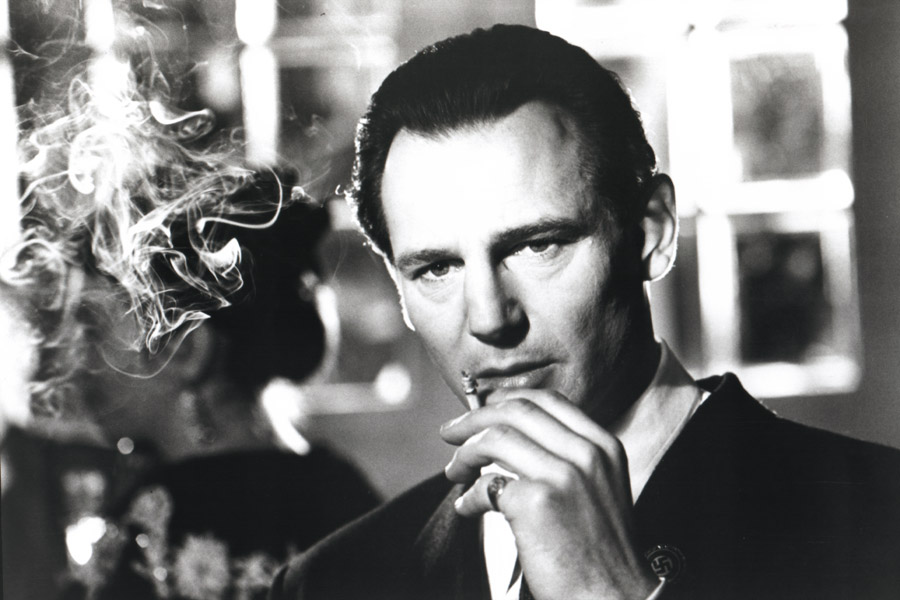
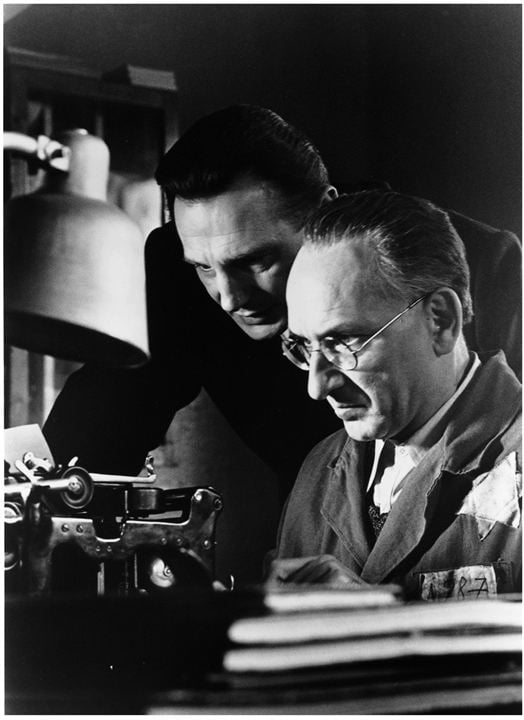
















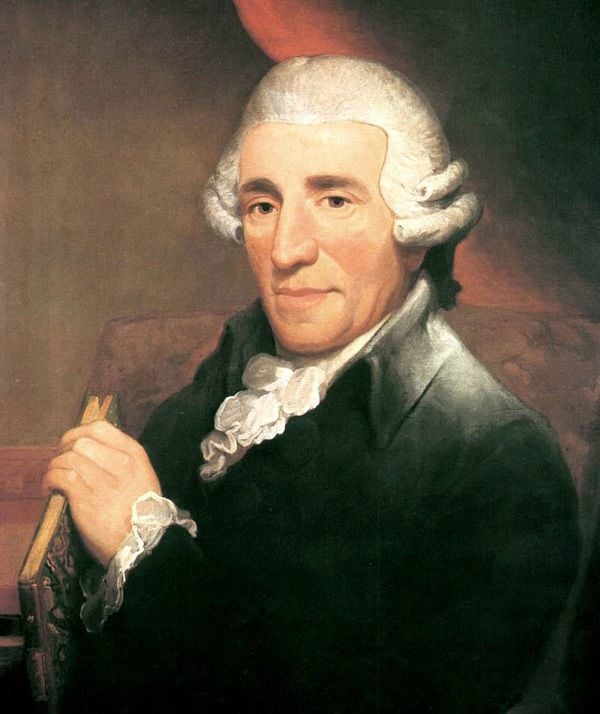
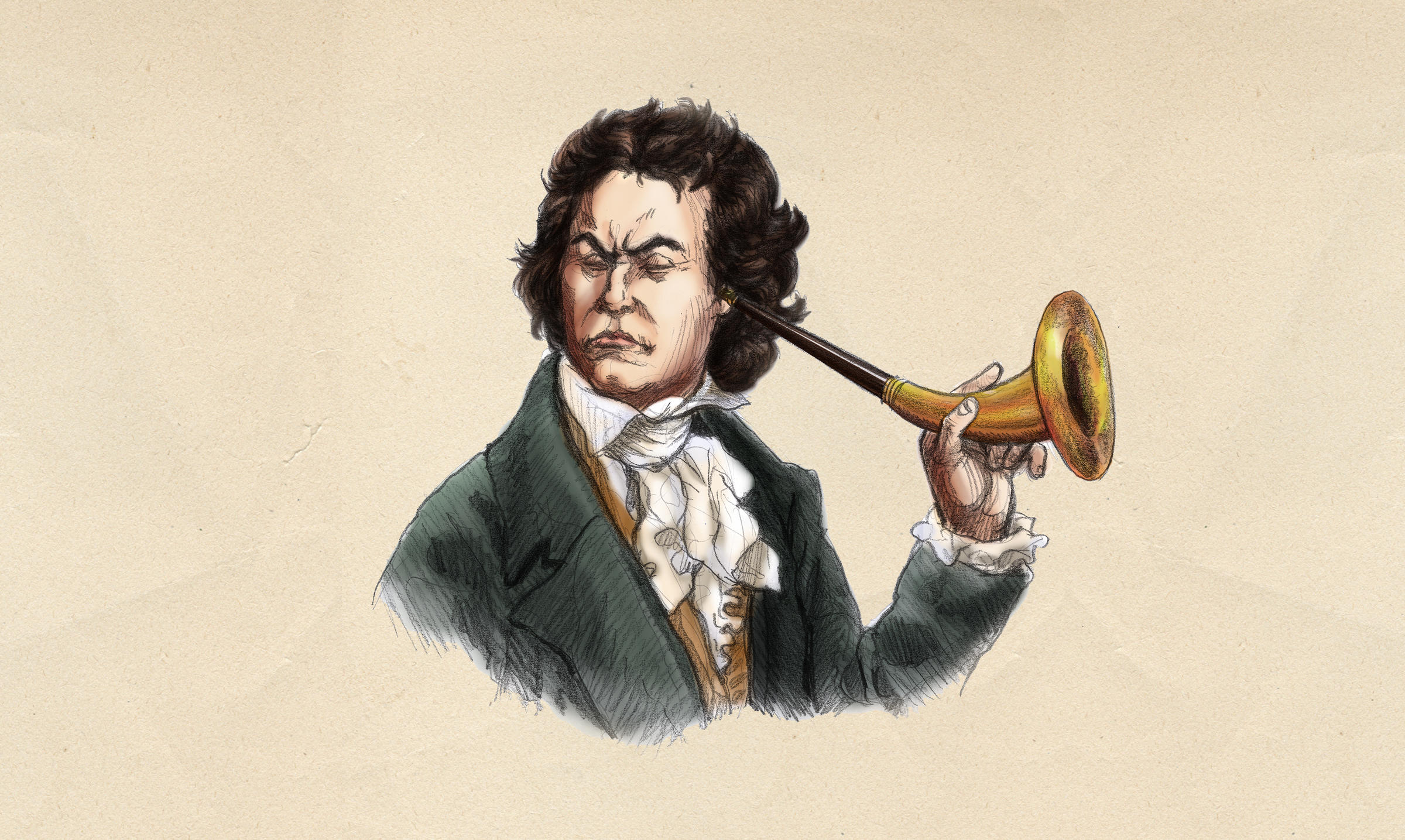

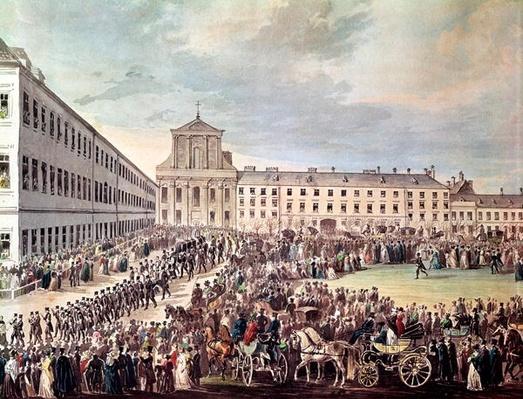


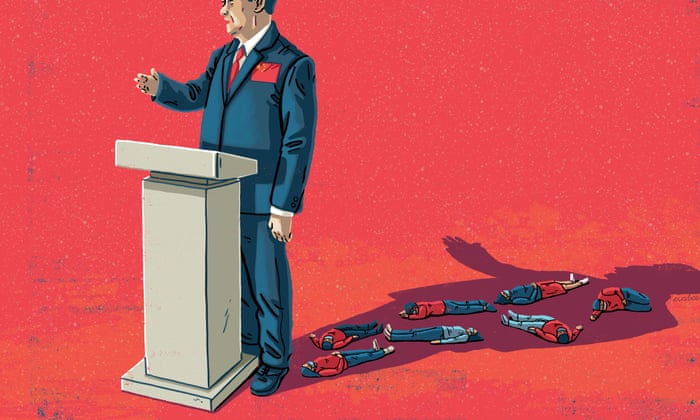

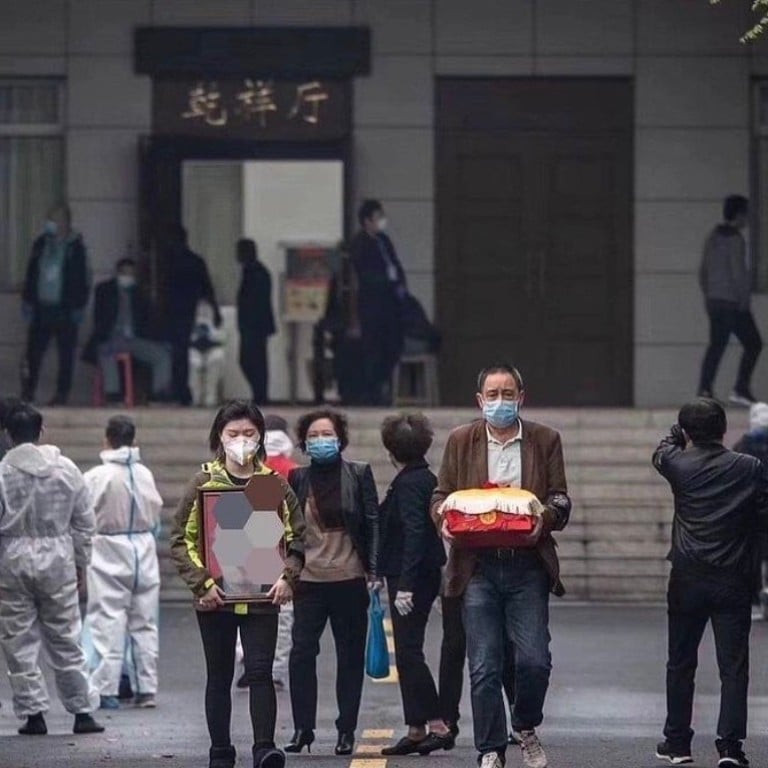


/arc-anglerfish-arc2-prod-infobae.s3.amazonaws.com/public/ZQI6JYMI7ZCVDBVOZLK3Z3LGLU.jpg)




/arc-anglerfish-arc2-prod-infobae.s3.amazonaws.com/public/GYRS2UEHKJEPNDRLCKHARR54LU.jpg)
/arc-anglerfish-arc2-prod-infobae.s3.amazonaws.com/public/6WKLFLFHR5GBXMFJOI5UFR7ZQ4.jpg)
